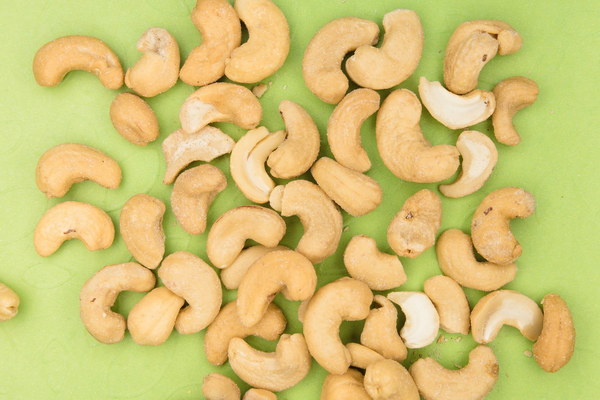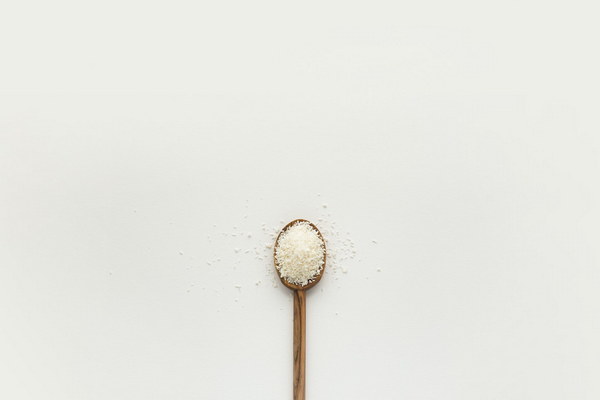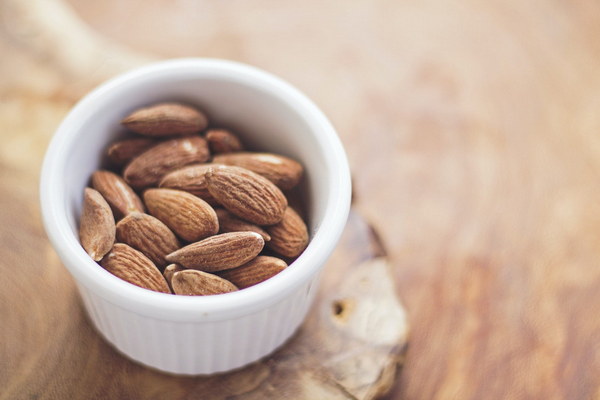The Heart and Lung Benefiting Power of Lotus Seeds A Nutritional Insight
Lotus seeds, a popular ingredient in traditional Chinese cuisine and medicine, have long been esteemed for their health benefits. But what exactly makes these seeds so beneficial for the heart and lungs? Let's delve into the nutritional insights and scientific reasoning behind this claim.
Firstly, lotus seeds contain a high concentration of nutrients that are essential for maintaining heart health. These nutrients include:
1. Fatty acids: Lotus seeds are rich in omega-3 and omega-6 fatty acids, which are known to lower bad cholesterol (LDL) levels in the blood and reduce the risk of heart disease.

2. Fiber: The fiber content in lotus seeds helps to regulate blood sugar levels, lower cholesterol, and improve heart health by reducing the risk of atherosclerosis.
3. Antioxidants: Lotus seeds contain antioxidants, such as flavonoids and polyphenols, which help to neutralize free radicals and reduce oxidative stress in the body. This, in turn, protects the heart from damage caused by inflammation and reduces the risk of cardiovascular diseases.
Moving on to lung health, lotus seeds offer several benefits:
1. Antitussive properties: Lotus seeds have a calming effect on the respiratory system, making them effective in treating coughs and asthma. This is due to their natural antitussive properties that help to relax the muscles around the airways, making it easier for air to pass through.
2. Moisturizing effect: The high water content in lotus seeds helps to keep the respiratory system moist, reducing the risk of dry coughs and sore throats.
3. Detoxifying properties: Lotus seeds have been shown to help eliminate toxins from the body, which can have a positive impact on lung health by reducing inflammation and promoting the healing of lung tissues.
Moreover, the traditional Chinese medicine perspective provides further insight into why lotus seeds are beneficial for both the heart and lungs:
1. Yin and yang balance: In traditional Chinese medicine, lotus seeds are considered a yin-nourishing food, which helps to balance the body's yin and yang energies. This balance is crucial for maintaining overall health, including heart and lung function.
2. Spleen and lung connection: According to traditional Chinese medicine, the spleen and lungs are closely connected. Lotus seeds, being spleen-nourishing, can indirectly benefit lung health by supporting the spleen's function.
3. Heart and lung nourishment: Lotus seeds are also believed to nourish the heart and lungs, helping to improve circulation and respiratory function.
In conclusion, the heart and lung benefits of lotus seeds are due to their rich nutritional profile and the properties that support overall health. By incorporating lotus seeds into your diet, you can potentially improve heart and lung function, reduce the risk of cardiovascular and respiratory diseases, and enjoy a healthier life.
To make the most of lotus seeds, consider adding them to your meals in various forms, such as:
- Steamed lotus seeds as a side dish
- Lotus seed soup
- Lotus seed paste in desserts
- Lotus seed tea
Remember to consult with a healthcare professional before making any significant changes to your diet, especially if you have pre-existing health conditions or concerns. With their numerous health benefits, lotus seeds are certainly worth considering as a nutritious addition to your diet.









